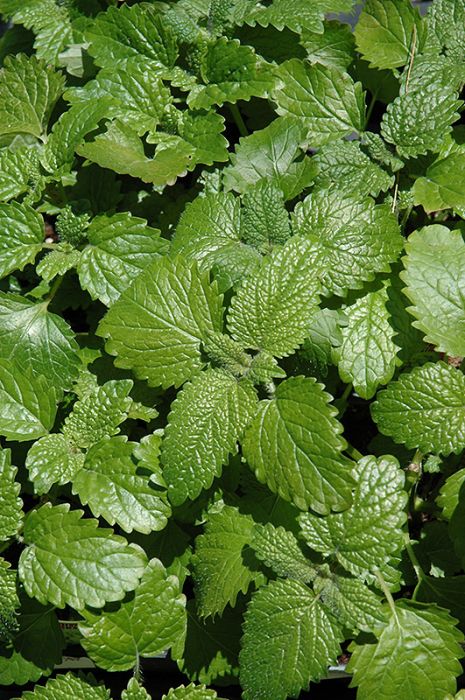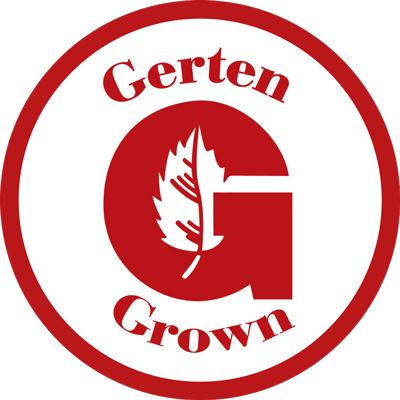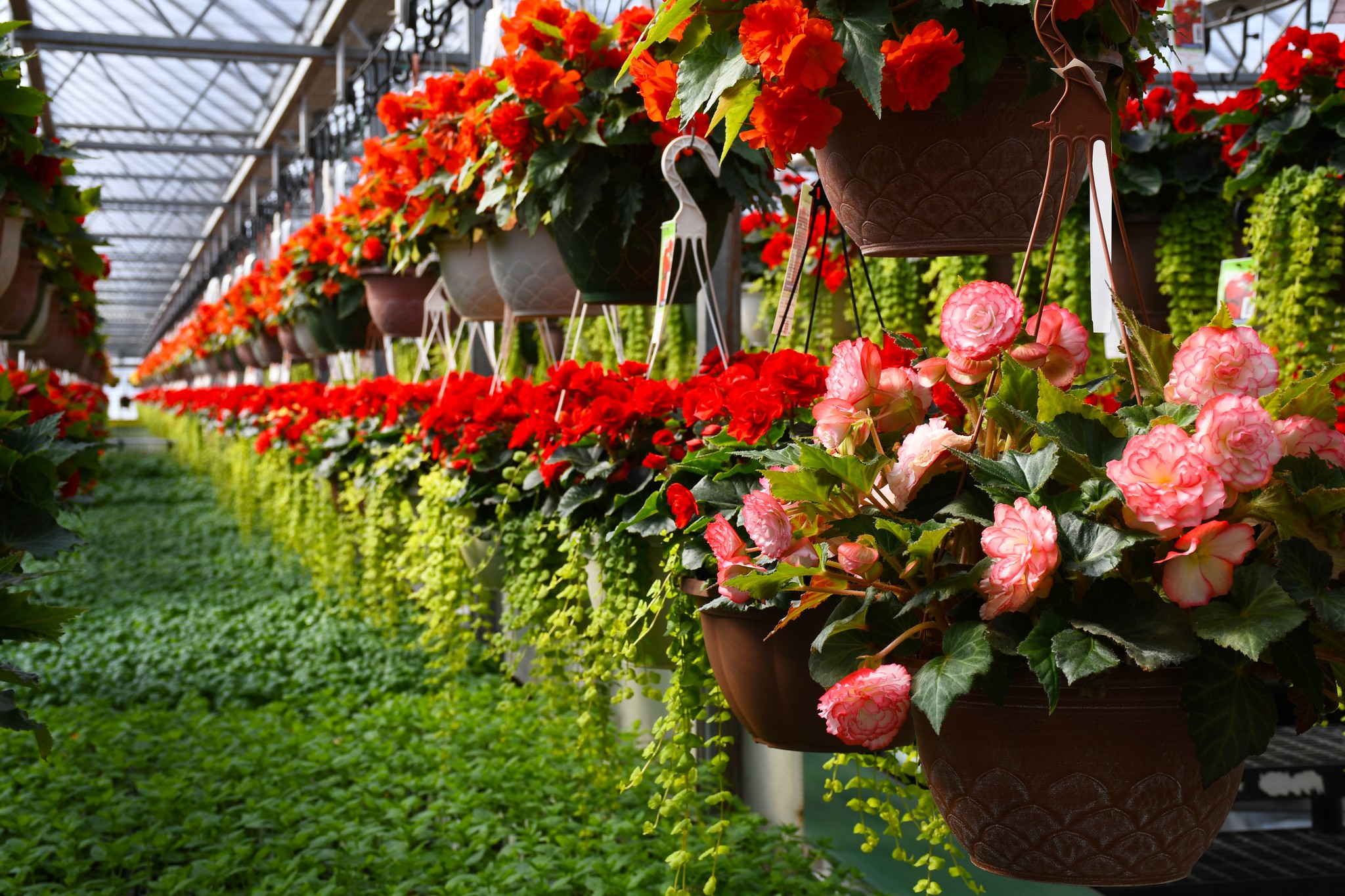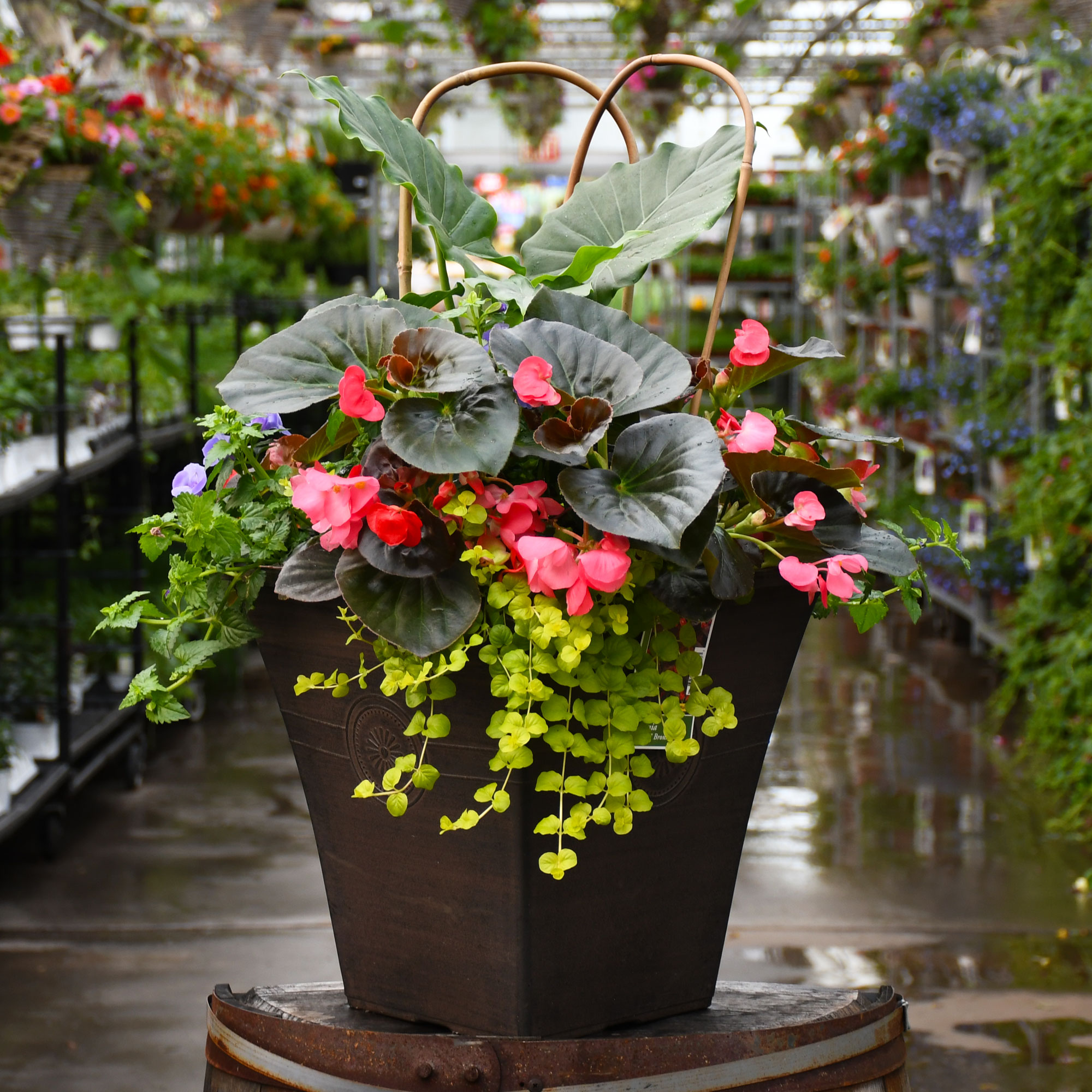Melissa, Lemon Balm



- Sun Preference
- Full-Sun
Description
A perfect addition to the herb garden with its lemony leaves; it prefers full sun but is moderately shade tolerant, especially in drier climates; spreads vegetatively as well as by seed, tiny white flowers attract pollenating bees to your garden
Direct from the Grower
When you see the Gerten Grown logo on our annuals, you know you're getting a fresh plant directly from our greenhouse. We've been perfecting our growing process for over four generations and pride ourselves on providing local quality and freshness to our customers. Better pricing on better quality plant material, that's Gerten Grown.
Details
Height: 3 feet
Spread: 5 feet
Sunlight: ![]()
![]()
Hardiness Zone: 4a
Description:
A perfect addition to the herb garden with its lemony leaves; it prefers full sun but is moderately shade tolerant, especially in drier climates; spreads vegetatively as well as by seed, tiny white flowers attract pollenating bees to your garden
Edible Qualities
Lemon Balm is a perennial herb that is commonly grown for its edible qualities, although it does have ornamental merits as well. The fragrant pointy green leaves which emerge light green in spring are usually harvested from late spring to early fall. The leaves have a zesty taste and a pleasant fragrance.
The leaves are most often used in the following ways:
- Fresh Eating
- Cooking
- Tea
Features & Attributes
Lemon Balm's attractive fragrant pointy leaves emerge light green in spring, turning green in color throughout the season on a plant with an upright spreading habit of growth. It features dainty lightly-scented white flowers along the stems in late summer.
This is an herbaceous perennial herb with an upright spreading habit of growth. Its medium texture blends into the garden, but can always be balanced by a couple of finer or coarser plants for an effective composition. This plant will require occasional maintenance and upkeep, and is best cleaned up in early spring before it resumes active growth for the season. It is a good choice for attracting bees to your yard. Gardeners should be aware of the following characteristic(s) that may warrant special consideration;
- Self-Seeding
Aside from its primary use as an edible, Lemon Balm is sutiable for the following landscape applications;
- Mass Planting
- General Garden Use
- Herb Gardens
- Container Planting
Planting & Growing
Lemon Balm will grow to be about 3 feet tall at maturity, with a spread of 5 feet. It grows at a fast rate, and under ideal conditions can be expected to live for approximately 10 years. As an herbaceous perennial, this plant will usually die back to the crown each winter, and will regrow from the base each spring. Be careful not to disturb the crown in late winter when it may not be readily seen!
This plant can be integrated into a landscape or flower garden by creative gardeners, but is usually grown in a designated herb garden. It does best in full sun to partial shade. It does best in average to evenly moist conditions, but will not tolerate standing water. It is not particular as to soil pH, but grows best in sandy soils. It is somewhat tolerant of urban pollution. This species is not originally from North America. It can be propagated by division.
Lemon Balm is a good choice for the edible garden, but it is also well-suited for use in outdoor pots and containers. With its upright habit of growth, it is best suited for use as a 'thriller' in the 'spiller-thriller-filler' container combination; plant it near the center of the pot, surrounded by smaller plants and those that spill over the edges. It is even sizeable enough that it can be grown alone in a suitable container. Note that when growing plants in outdoor containers and baskets, they may require more frequent waterings than they would in the yard or garden. Be aware that in our climate, most plants cannot be expected to survive the winter if left in containers outdoors, and this plant is no exception. Contact our experts for more information on how to protect it over the winter months.
More Information
| Gerten Grown Plants | Gerten Grown Plants |
|---|---|
| Common Family Name | Herbs |
| Sun Preference | Full-Sun |
| Plant Life Cycle | Annual |


